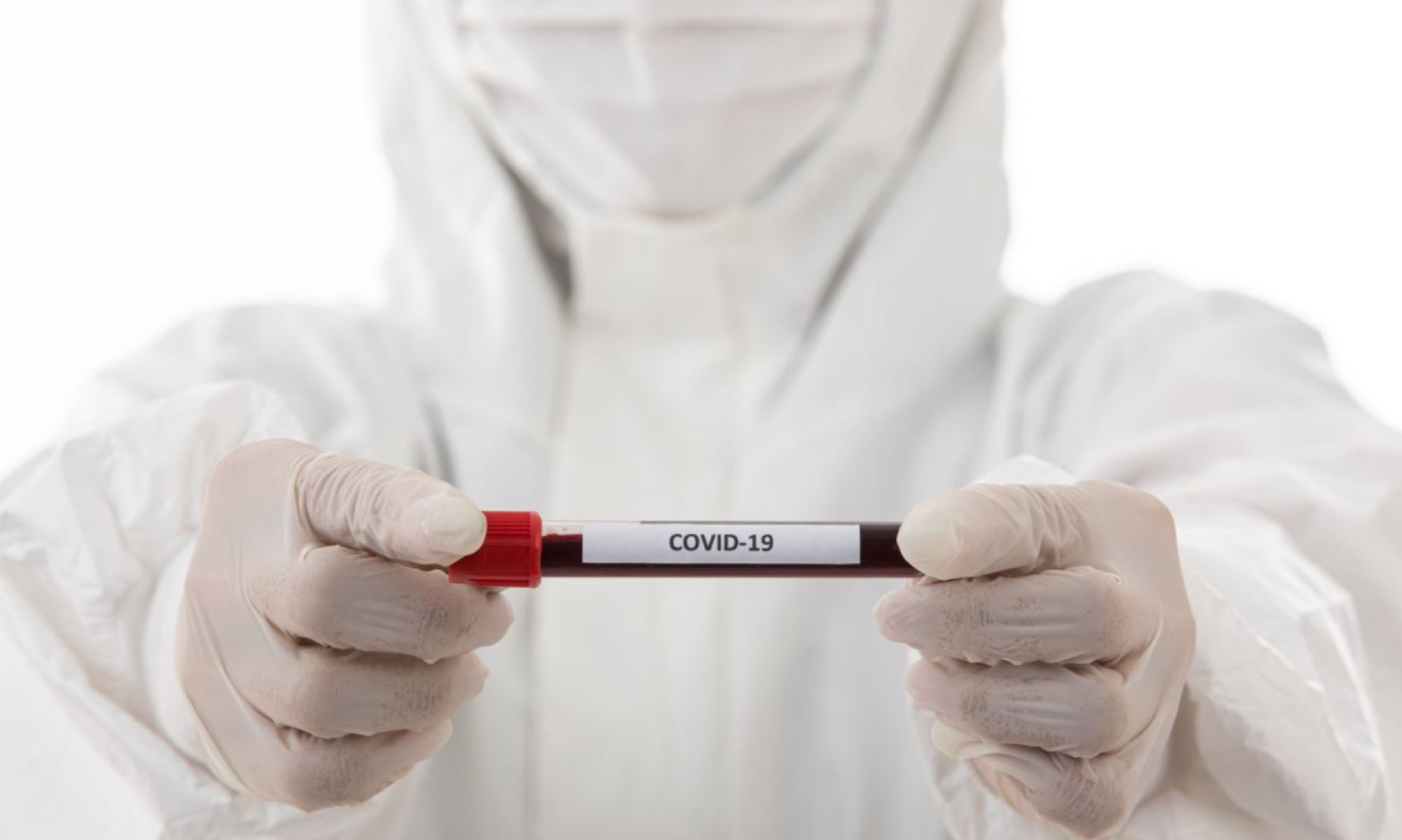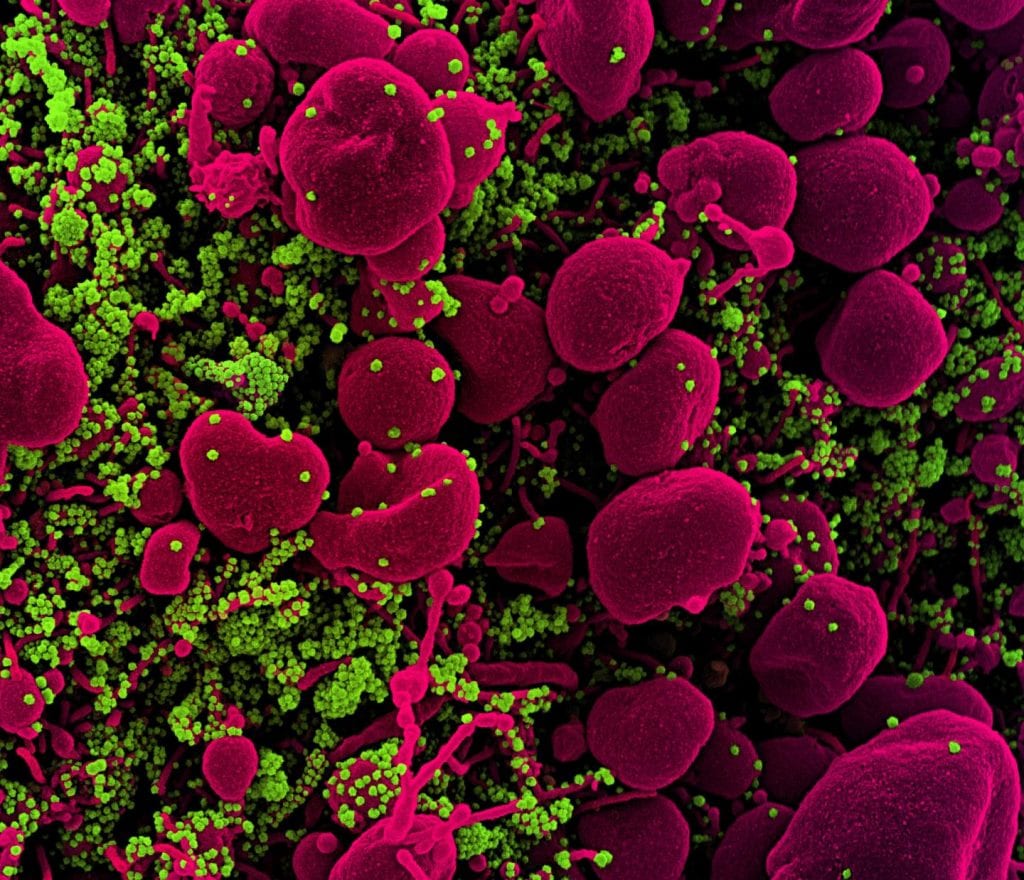Press release:
Scientists at Massachusetts General Hospital (MGH) and Brigham and Women’s Hospital (BWH) have identified a promising drug candidate for the treatment of multi-inflammatory syndrome in children (MIS-C), they report in Clinical Care Explorations. MIS-C is a rare but severe and potentially life-threatening condition that usually develops in children weeks to months after they have experienced a mild or even asymptomatic case of COVID-19.
MIS-C occurs mainly in children and leads to high fevers and a hyperinflammatory response that can affect multiple organs, including the heart, brain and gastrointestinal organs. Symptoms include stomach pain, diarrhea, vomiting, dizziness and rash. Fifty-five of the 6,431 children diagnosed with MIS-C have died since May 2020, according to the Centers for Disease Control and Prevention.
Continue reading “Researchers identify a promising drug for treating serious COVID-19 complication in children”
